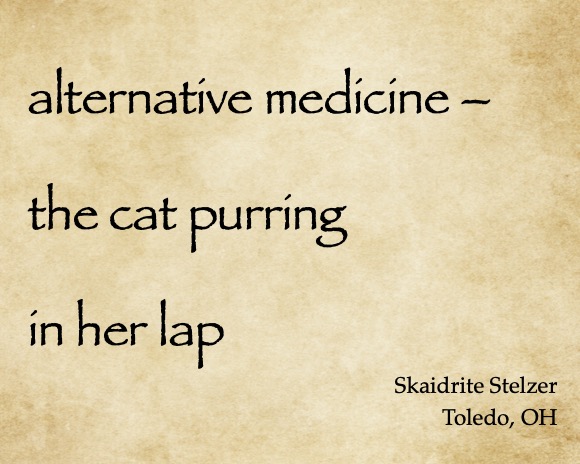May 2017
Just Middlin’
Alexandra Godfrey
My dad was once a physician for the coal mines in Yorkshire, England, where I grew up. It’s been decades since I accompanied him on his rounds, and fifteen years since I moved to the States and began to practice as a physician assistant in the Appalachian Mountains of North Carolina. But I still vividly recall my childhood days and the Yorkshire dialect we spoke.
Somehow, the seventy-three-year-old woman sitting in my exam room takes me back to that time.
She’s coughing violently–hacking thick yellow mucous into her tissue, spraying the floor with spittle–just as my father’s patients did.
Timeline
It’s 8:00 pm. You check your work inbox and prepare for the following day: reply to emails, fill prescriptions, prep your notes.
You wake at 5:00 am. You exercise, eat, rush your daughter to school. You arrive to work at 7:30 and review the schedule with your team. You see a man with shortness of breath and a new arrhythmia, a walk-in patient with a severe headache, a teenager there for a sports physical who admits she’s binging and purging. You’re already running behind.
Sertraline for Diabetes
She was here for her diabetes. Her blood pressure was high, she said, because she expected me to scold her. She hadn’t brought her log, but her sugars were in the 200s overall. Not good. She hadn’t been exercising, but she had been taking all her medications.
Again we talked about options: cut out carbohydrates, increase exercise, add medicines. She admitted a predilection for bread, and I talked about mood eating: how stress can drive us to eat. She smiled back at me, shaking her head. I mentioned our counselors and the option of coming just to talk. She shook her head again, but her smile broke and her eyes closed.
Her one son, whom she brought here as a six-year old, had been deported back to a country he doesn’t know, where he has no one, where life is dangerous.
Sertraline for Diabetes Read More »
The Last Heartbeat
Cortney Davis
The minutes dragged. She worked at it–
sweat pooling in her frown, her lungs
bellowed in and out as if the air were oil.
Her expression never changed.
Beneath the light,
my mother’s skin looked violet.
The Last Heartbeat Read More »
Medical School: The Never-Ending Fight or Flight
Medical School: The Never-Ending Fight or Flight Read More »
Interpreter of Cries
I’m a pediatrician, and the aftermath is when my capable medical assistant or nurse goes in after me to give a vaccine or check a hemoglobin level or administer a shot of antibiotics because the oral antibiotic isn’t working.
Interpreter of Cries Read More »
Inner Turmoil
A Doctor Confesses: I Screwed Up
Marc D. Wager
When I was in medical school, more than thirty years ago, I felt I received pretty good training on how to communicate clearly and effectively with patients and families. I even remember the name of the fictitious character we had to practice telling about his wife’s demise: “Mr. Gottrocks, I’m afraid that your wife has taken a turn for the worse; I think you should come to the ICU right now.” As a pediatrician, more recently, I’ve been trained to discuss vaccines in a nonjudgmental way with parents who, contrary to my wishes, decide not to vaccinate their children.
Despite all of this training, though, and despite many articles on the merits of doctors admitting their wrongdoing, nobody ever taught me how to say, “I’m sorry, I think I screwed up.”
A Doctor Confesses: I Screwed Up Read More »
Friendships Across Barriers
Friendships Across Barriers Read More »
Expectations
I have always been too enthusiastic. Out of all my classmates, I sang the loudest at birthdays, I laughed the longest at jokes and I asked more questions than anyone else. In fifth grade, a firefighter visited my class; after I’d asked my third question about how fire suits actually work, I remember hearing some classmates groan and seeing my friend Thom lift his arms up and, in mock agony, flop down on his desk. I tried to be shy, really. I would go for a few days sitting on my hands during lessons, but, inevitably exhausted by my inauthenticity, I would soon find my excitement uncontainable once more.



